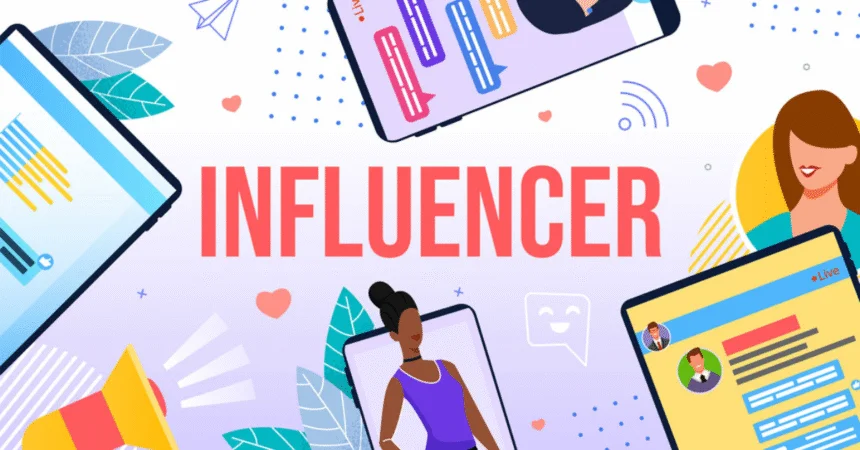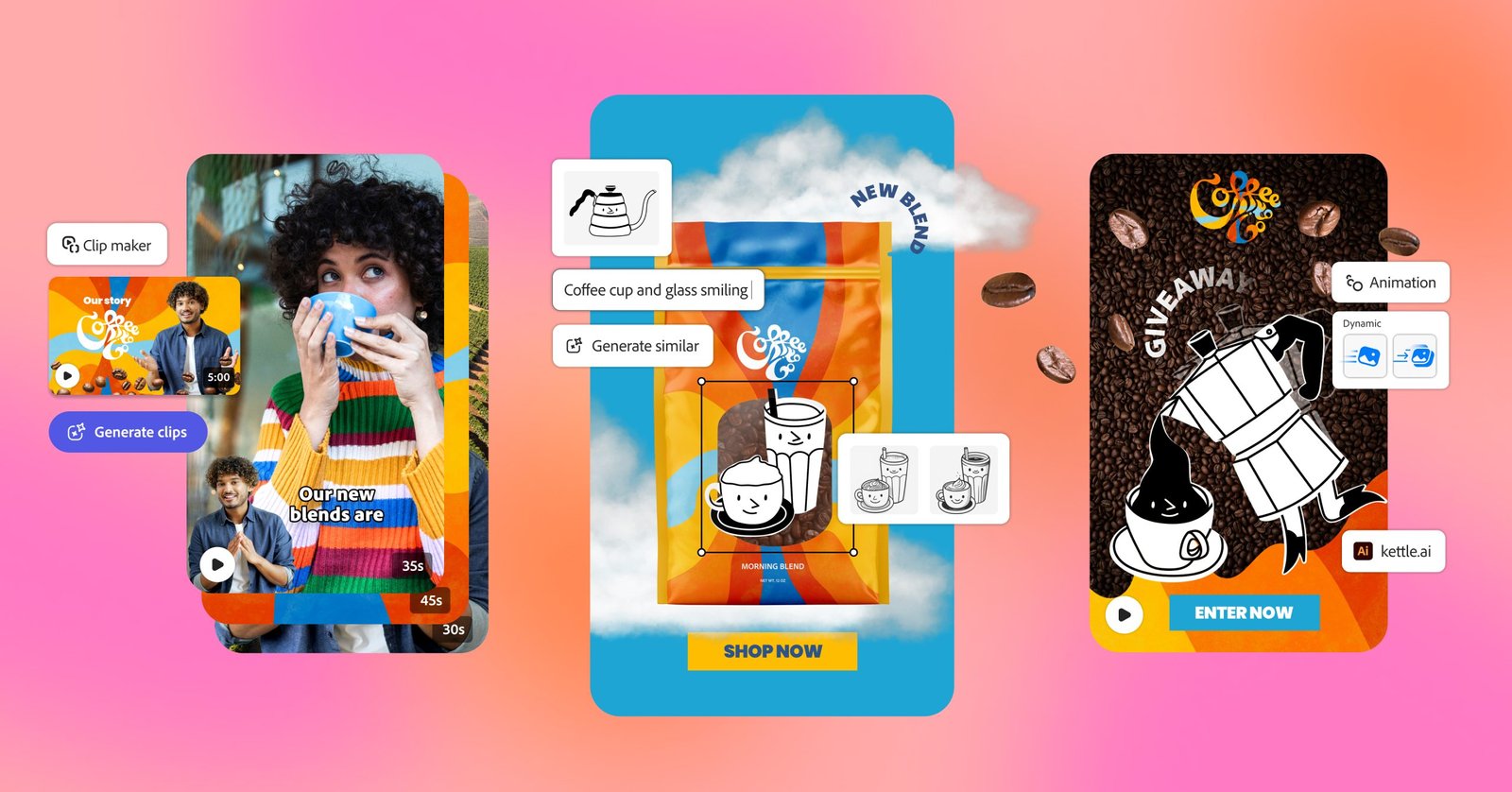
In the digital age, where fame is just one viral post away, the race to the top of the influencer pyramid has never been more intense—or more unhinged. The hashtag influncersgonewild captures a disturbing trend: influencers abandoning restraint, ethics, and even safety in the pursuit of clout, clicks, and cash.
But behind the curated feeds and glossy selfies lies a world of manufactured drama, reckless stunts, and increasingly blurred lines between performance and real-world consequences. What does this say about the culture we’ve built—and the influencers we’re rewarding?
The Rise of Influencer Culture
Social media platforms have made it possible for anyone with a phone and internet connection to amass a following and turn that attention into profit. This gave rise to the influencer—modern-day celebrities who promote everything from skincare to cryptocurrencies.
But the rules of this new fame game are different. It’s not about talent or even originality anymore. It’s about who can scream the loudest into the digital void and catch the algorithm’s fleeting favor.
The Addiction to Attention
Likes, shares, and comments are the new dopamine hit. For many influencers, staying relevant isn’t a bonus—it’s a survival mechanism. One viral moment can lead to sponsorships, brand deals, and merchandise lines. But one misstep can also destroy it all.
The problem is, to keep the momentum going, creators are forced to escalate. Yesterday’s outrageous prank becomes today’s baseline. As a result, many have started pushing social, moral, and even legal boundaries to stay on top.
Shock for Clicks: When Content Crosses the Line
From fake giveaways to borderline criminal behavior, some influencers are trading integrity for virality.
Dangerous Stunts
Performing reckless stunts in public—hanging off skyscrapers, starting fights, pretending to be homeless—has become a genre in itself. These videos often rack up millions of views, but they can also lead to injuries, arrests, or worse.
The problem isn’t just the danger posed to the influencers themselves, but the ripple effect it causes. Young fans may try to replicate the behavior, not fully grasping the risks involved.
Exploiting Tragedy for Engagement
Several influencers have been caught using tragedies—natural disasters, shootings, celebrity deaths—as backdrops for photoshoots or to gain sympathy online. This performative grief often backfires, but not before earning hundreds of thousands of impressions.
Some go as far as staging or faking emotional events, manipulating their audiences for clicks.
The Psychological Toll
While the spotlight may seem glamorous, the reality for many influencers is far from it. The constant need to perform and present a perfect life takes a heavy toll on mental health.
Burnout and Depression
Content creation is relentless. There are no weekends, no vacations, no true time off. If you’re not posting, you’re forgotten. This “always-on” mindset can lead to severe anxiety, depression, and burnout—issues many influencers are now beginning to speak openly about.
The Trap of Persona
Many influencers fall into the trap of becoming a character. Once they create a viral identity—whether it’s the prankster, the provocateur, or the lifestyle guru—they feel forced to maintain that persona, even if it no longer reflects who they are.
The disconnect between online image and personal reality often leads to feelings of isolation, disillusionment, and emotional exhaustion.
Cancel Culture and the Cycle of Redemption
As quickly as influencers rise, they can fall. In the age of social media, mistakes don’t just cost followers—they can cost careers.
The Backlash Economy
Once an influencer is caught lying, scamming, or behaving inappropriately, the backlash is swift. But oddly, the outrage often becomes part of the brand. Apology videos, tearful live streams, and redemption arcs are practically formulaic.
Some influencers have even been accused of intentionally stirring controversy to game the algorithm and benefit from the attention, negative or not.
Monetizing Redemption
After the backlash comes the comeback. If handled correctly, controversy can become a career move. Influencers make videos addressing their “growth,” land interviews, and sometimes even gain new followers who love a redemption story.
It’s a twisted cycle where outrage becomes engagement, and engagement becomes profit.
The Real Cost to Society
The influncersgonewild phenomenon isn’t just about influencers acting out. It reflects something deeper about our collective priorities.
Influence Without Accountability
Traditional celebrities, while flawed, were typically mediated by PR teams, publicists, and the media. Influencers are often self-managed, which can lead to unchecked behavior. There’s no filter, no oversight—just a direct pipeline between creator and audience.
And when that audience is made up of impressionable teens, the impact is amplified. Reckless behavior isn’t just tolerated—it’s rewarded.
Warped Values
What message does it send when someone gets famous for eating soap on camera or faking a mental health crisis? Or when empathy and integrity take a back seat to shock value?
It tells us that attention, not authenticity, is the new currency. And that’s a dangerous precedent.
A Better Path Forward
Not all influencers go wild. Many are using their platforms for good—promoting causes, educating their audiences, and being transparent about the highs and lows of their journeys.
Choosing Ethics Over Algorithms
There’s a growing movement of creators who prioritize values over virality. They build communities, not just audiences. They collaborate instead of compete. And they aim for long-term impact instead of short-term noise.
Audience Responsibility
Viewers play a role too. The kind of content that gets rewarded is determined by what we watch, like, and share. When we click on outrage, we amplify it. When we support thoughtful content, we help it rise.
We can hold influencers accountable—not through mob mentality, but by supporting creators who do it right and calling out those who don’t.
Final Thoughts
The age of influence is still young, and it’s evolving every day. But as platforms mature and audiences grow more discerning, there’s hope that the era of influncersgonewild might one day give way to something more grounded, more responsible, and ultimately, more human.
Fame doesn’t have to come at the cost of integrity. The next generation of influencers will decide whether to build empires on shock and scandal—or something that truly lasts.
you may also read:techgamedigital.
 29 May 2025
29 May 2025 Share
Share